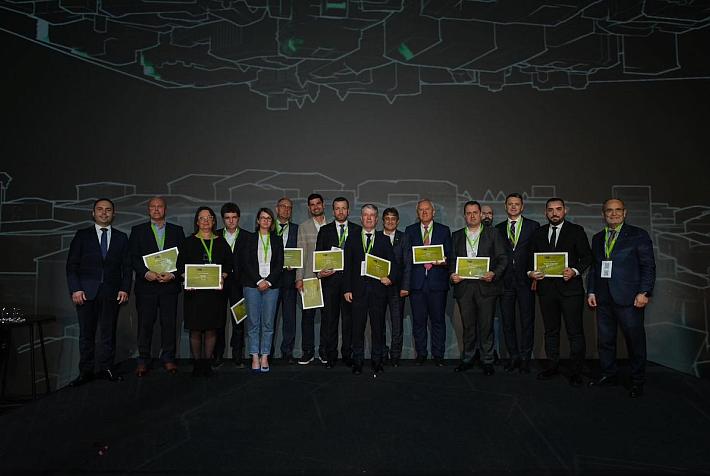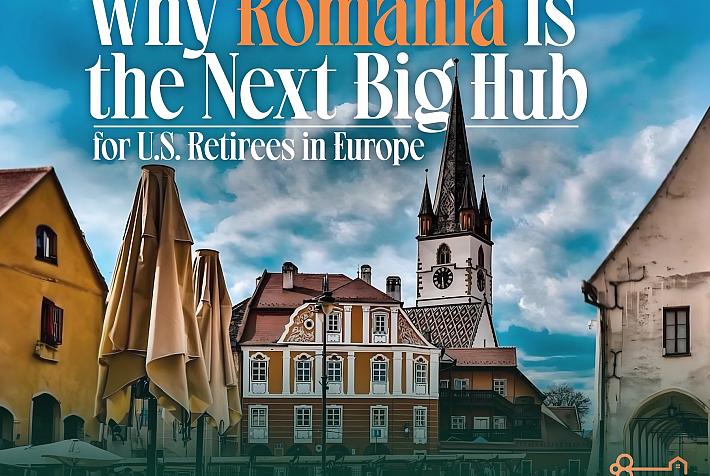Romanians believe that most false news are on Facebook

Although Facebook is their main source of information online, most Romanians living in urban areas also believe that Facebook is the channel that helps spread the most false news, according to a study by local iSense Solutions. The survey was conducted online on and had some 800 respondents.
Around 90% of Romanians mainly get their news from TV and the Internet, the study shows. Other information channels Romanians prefer are the radio (58%), mobile news apps (37%), and printed newspapers and magazines (30%).
On the Internet, Facebook is the main source of information for 80% of respondents, followed by the news websites – 64%, e-mail – 58%, Google – 55%, and online newspapers or magazines – 47%. However, 75% of Romanians also believe that most false news are found on Facebook, 69% think that blogs also publish such fake information, while 64% believe that false news can be found on Twitter. Other channels where fake news appear are the forums – 63% of Romanians gave this answer, printed or online newspapers and magazines – 61%, and the TV – 59%.
In Romanians’ opinion, a story is credible if it indicates the source of information and pictures (82% of respondents believe that this is important), if it doesn’t appear in a publication sponsored by entities with interests – for example, political news published in publications/channels sponsored by political parties (58%), if it includes photos as evidence (57%), if it includes details (56%), and if it appears in a prestigious, trustworthy publication (52%).
“Although Romanians seem to be aware of the fact that they are exposed to false news – nine in ten claiming that it has happened to discover that a story they initially believed to be true turned out to be false, only half of them check the veracity of information before sharing it with other people. Moreover, most of them continue to use the same channels where they found fake news, but with a lower confidence in them,” said Traian Nastase, managing partner iSense Solutions.
Over 60% of respondents go on Google to check if a story is true or not, 46% check it on news websites, 40% choose the TV to check an information, and 39% turn to online newspapers/magazines.
The study also reveals that 65% of Romanians think that people managing media companies should make sure that false news don’t appear in the press or on the internet, 60% believe that online content have publishers this responsibility, and 53% state that a professional organization should take care of that.
Some 60% of Romanians who took part is this study said that they received false news from close friends, 49% received such news from school or work colleagues, 39% - from people they know, and 31% - from people they only met online. This information was mainly sent via Facebook (79%), face to face (68%), by e-mail (31%), and via messenger (26%).
24-year Romanian runs one of the top pro-Trump propaganda sites
Romania’s newspapers in free-fall as print sales tank
Irina Popescu, irina.popescu@romania-insider.com















